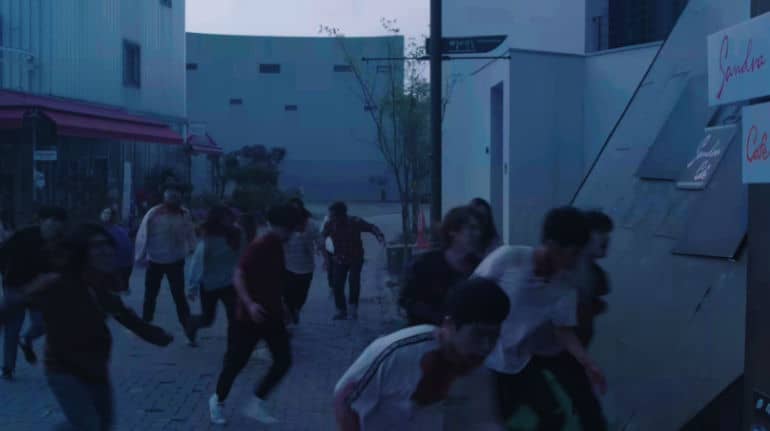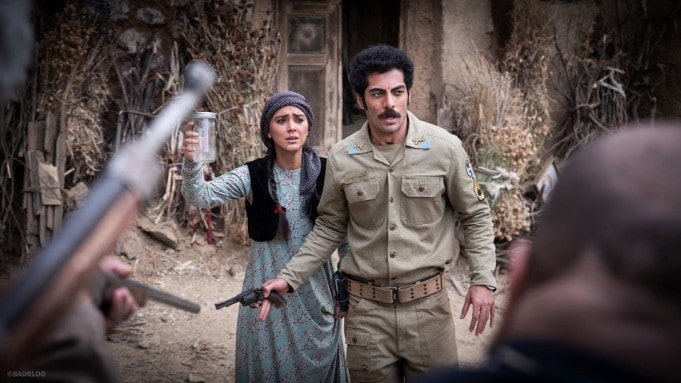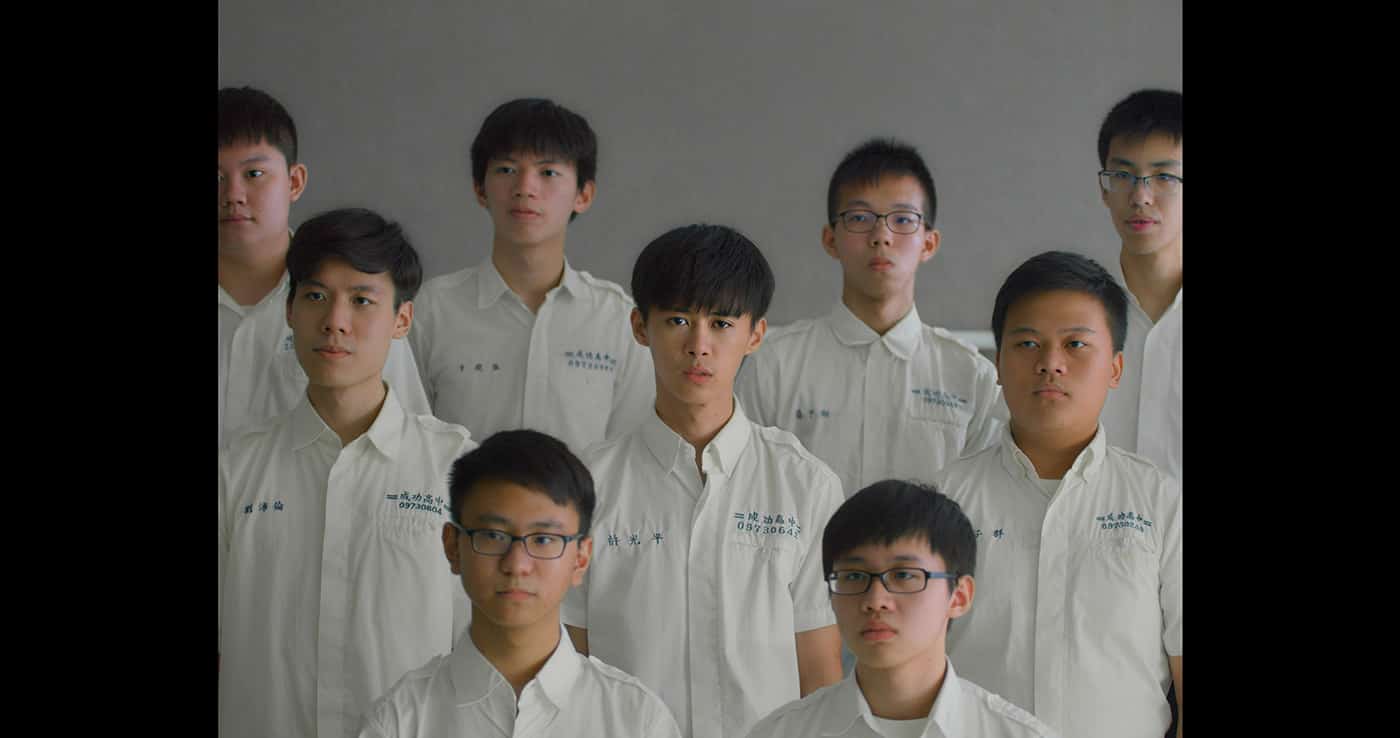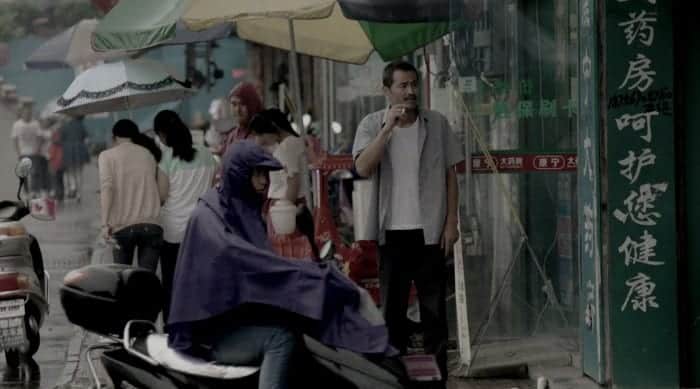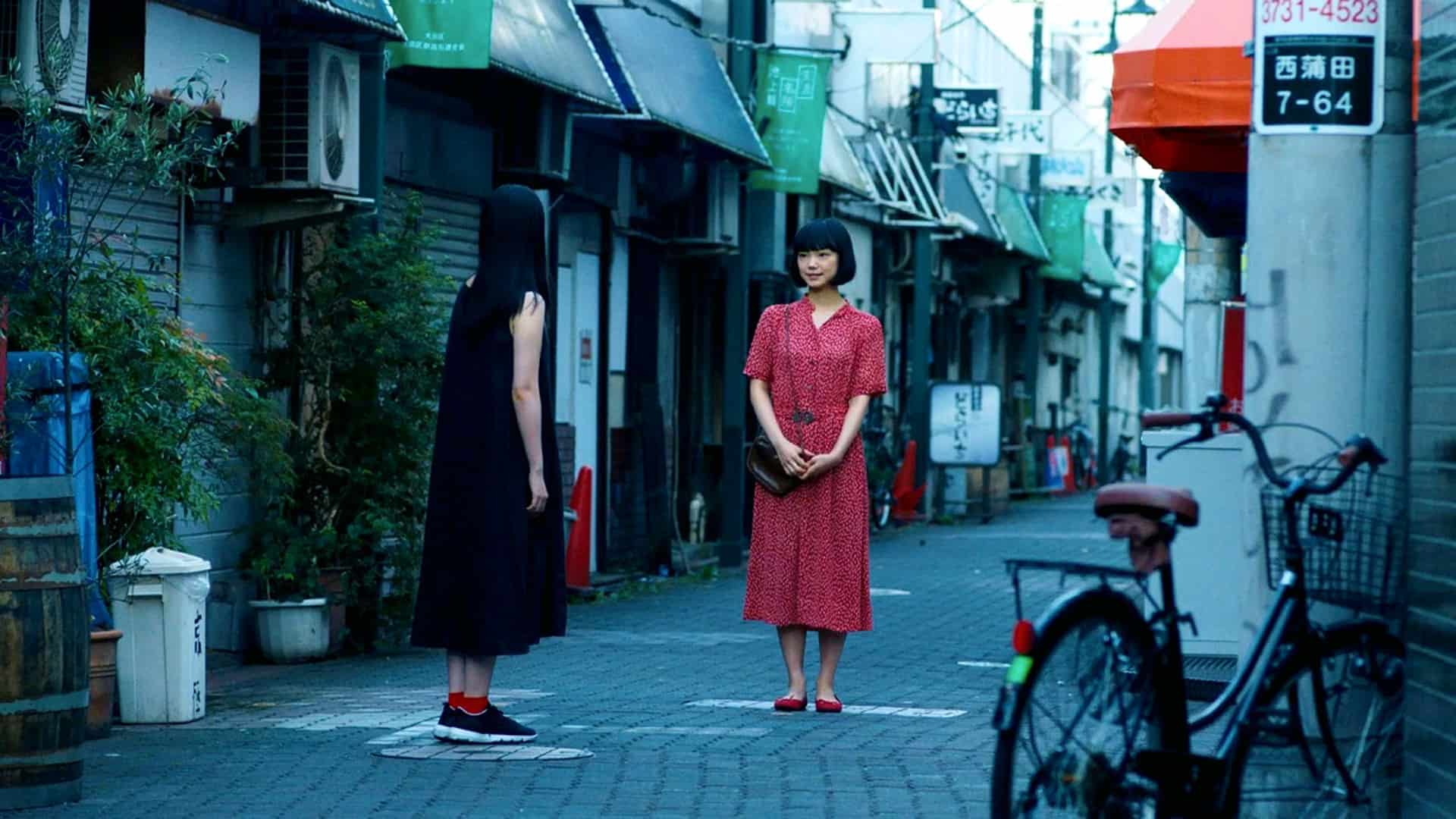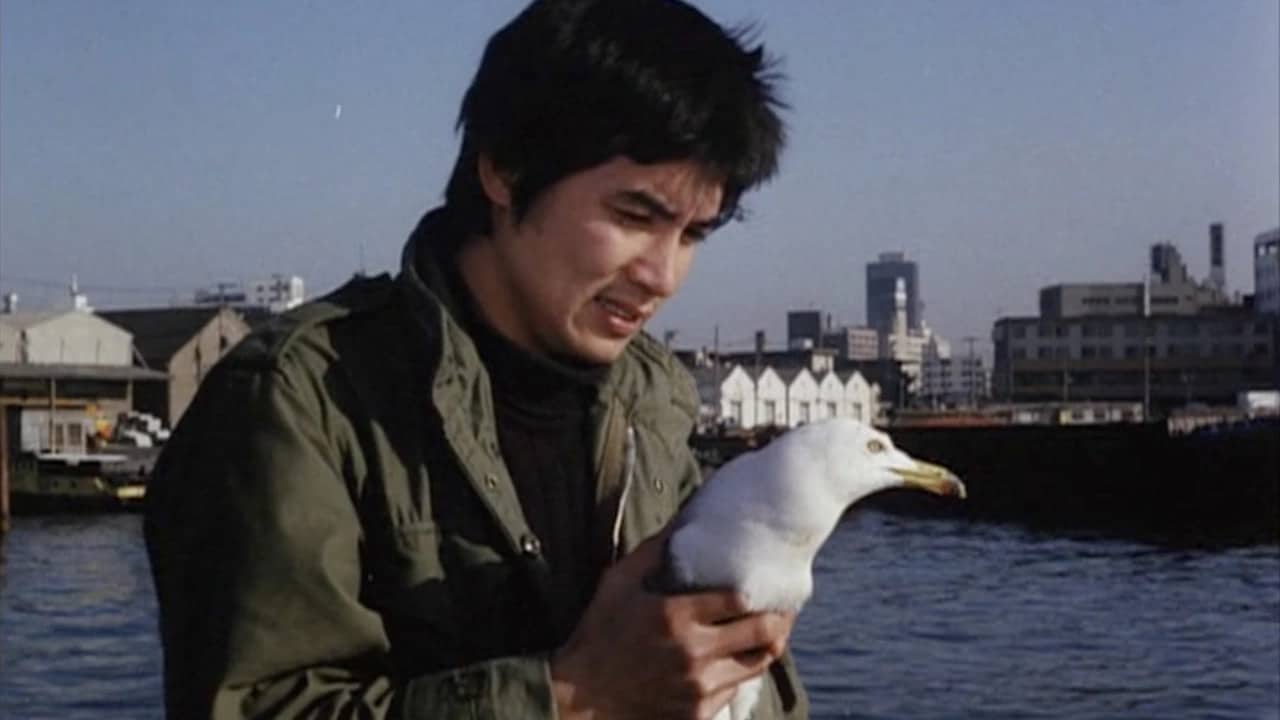Some films just leave you dumbfounded. Dead in your tracks they leave you speechless, standing in awe at their very presence, the journey they immerse you in arouses your curiosity in previously unfathomable ways. Their very creation beggar's belief. These films come but once in a blue moon and need to be shouted about from the rooftops for all to hear, drawing in as large a crowd as possible to witness the same audio-visual stimuli you just experienced. They need to be seen to be believed. In the case of Lee Okseop's outwardly bizarre debut feature-length ‘Maggie', such a sensation occurs for all the wrong reasons.
“Maggie” is screening in Hong Kong Arts Centre on Friday 21/5 at 7:30 pm
as part of Women Direct. Korean Indies! – Korean Women Independent Film series, under the signature programme of the Hong Kong Arts Centre, Independently Yours
A visual stream-of-consciousness if ever there was one, this travesty of storytelling kicks off with a sexual encounter in an X-ray room at the Love of Maria Hospital. Believing the circulated X-ray to be that of her and her boyfriend Sung-won, nurse Yeo Yun-young (Lee Joo-young) hands in her resignation to her boss Dr Lee (Moon So-ri); this is revoked the following day when it transpires the entire staff aside from Yeo and Lee are struck ill and call in sick. From this point on any sense of plot dissolves down a rabbit-hole (or in this case sinkhole) through sequences involving amongst other things, a shot patient claiming his injury stems from peeling an apple, sinkholes forming around Seoul, and using catfish to predict earthquakes. These unfold as a series of seemingly unrelated vignettes before settling on Yeo and Sung-won's devolving relationship and their issues with trust – all told from a narrating catfish.

Weirdness as the main selling point of a film is nothing new but the problem ‘Maggie' violently suffers from is that its weirdness goes absolutely nowhere. It's first thirty minutes are zany enough, diving headfirst into one nonsensical set-piece after another with sprinkles of deadpan humour to boot, the film slowly unravels (and foreshadows) its own purpose of existence to an increasingly curious audience. However, with the introduction of its narrator, all notions of following the snowball effect misunderstandings and miscommunication can have, give way to a tirade of superfluous sub-plots, tedious whimsy, and inherent unlikability. As each tenuous vignette feeds the growing distrust between the two leads, nothing but impatience brews whilst the film trudges towards its train wreck of a resolution.
You may recall the earlier use of the word travesty. Here, this refers to a false and distorted mode of storytelling. There is a distinct lack of trust felt by any of the characters on a near farcical level and this translates into the way the story develops. The further down the hole it goes, the more the audience is forced to question the reliability of the narrative. In more capable hands, this concept would have undeniably genius but under the direction of Lee Okseop it feels as if the trajectory has been poorly miscalculated. The convoluted narrative (or lack thereof) seems beyond the director's depth of focus, resulting in a short-sighted attempt at a deconstructed plot which bears no cohesive relevance to itself as a whole or as several, smaller components lumped together. The end result isn't necessarily confusing (or intelligent) but baffling; baffling as to how such a fun concept and a promising start could dissipate into something utterly dumbfounding and, well, frustrating.
It's not all bad though. Lee Joo-young (who picked up Best Actress at the Busan International Film Festival) and Moon So-ri do decent jobs in airing out their character's frustrations, and the film's use of sound and music triumphs over the trickling mundanity of the progressing story. The musical sequence following Sung-won as he searches for the ring Yun-young gave him, dubbed Maxine, is a refreshing breather and a change of pace halfway through. The cinematography is fine also with a warm visual palette to boot. Does it make it up for the faltering concept, timing, and writing? Not exactly.
Receiving its international premiere at IFFR as part of the Bright Future programme, it is clear there is a promising future for Okseop. The transition from short films (for which she has already established a name for herself) isn't easy especially as far as runtimes are concerned (any fan of Edmund Yeo would attest to that) so perhaps such a harsh critique is unwarranted. On a lighter note, had the various vignettes been left as standalone shorts such a review would have been more positive. Though ‘Maggie' is plagued with issues the makings of competence (and brilliance) are there, albeit sparsely. Sadly, once the catfish takes its first leap, there is very little else to enjoy here. In time, there is little doubt Okseop will dumbfound us for all the right reasons.



